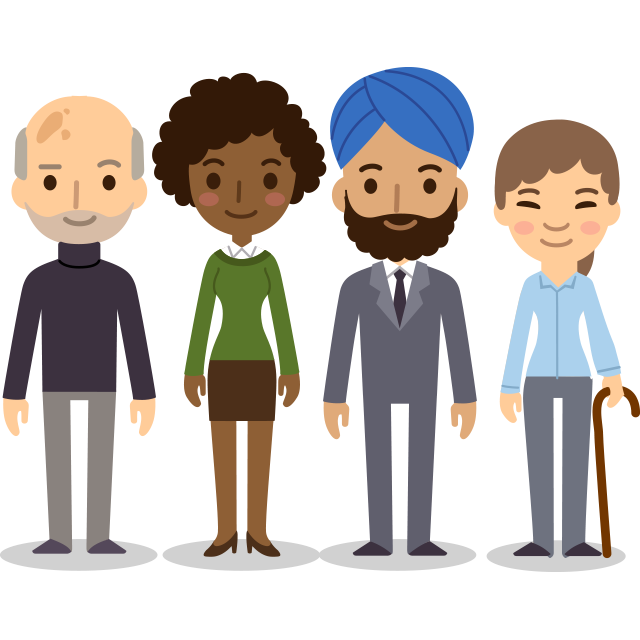Automatic language translation
Our website uses an automatic service to translate our content into different languages. These translations should be used as a guide only. See our Accessibility page for further information.

Legal capacity is a right that all people have because they are human. It has two essential parts, including:
Legal standing gives a person the right to do (or have) something and legal agency is about the person actioning that right.
For example, a person may have the right to hold property in their name (legal standing), but they may not be recognised as being able to take action on that right, that is to sell or lease the property (legal agency). The law may require someone else to action that right for a person (for example, a substitute decision-maker such as an attorney under a power of attorney).
Further examples of legal standings include the right to have a birth certificate, the right to apply for a passport and the right to own property. However, things like getting married, voting at an election, dealing with property, for example: buying, selling or leasing property are not classified as legal standings.
Last updated: